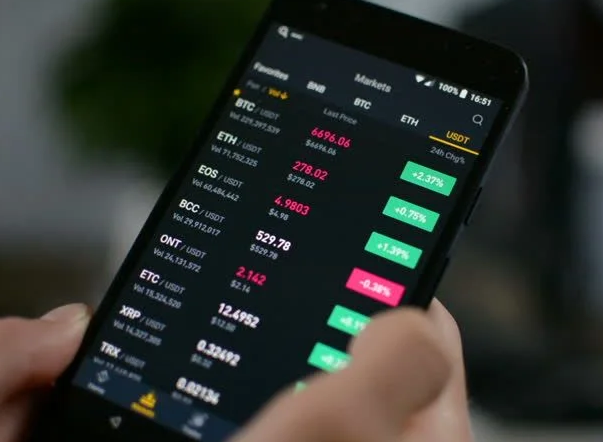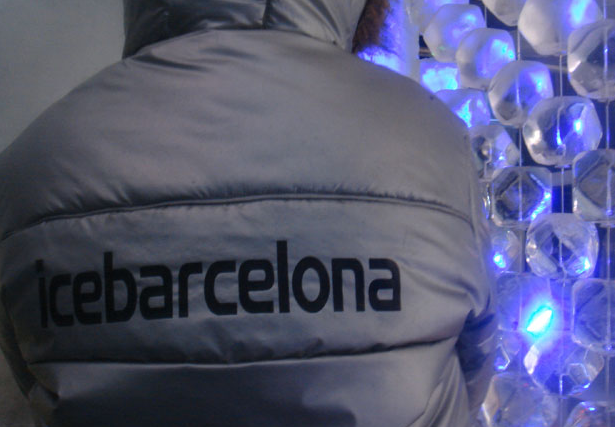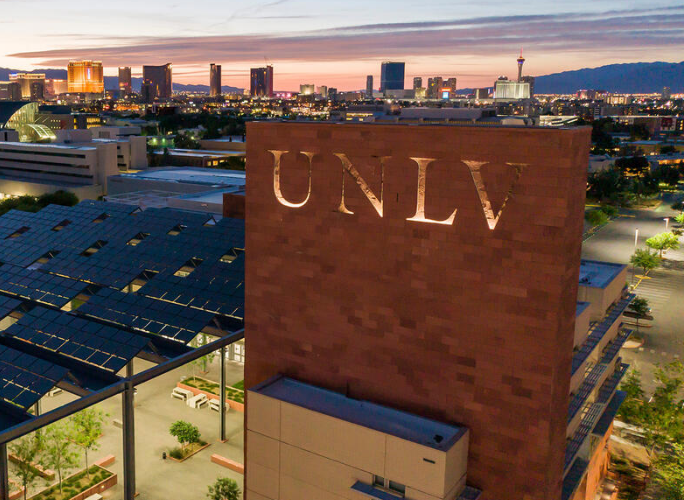You might still trust The New York Times or the BBC. Maybe you prefer Sky or the Guardian. But a growing number of people are checking odds instead of headlines. And they’re not doing it for fun. They’re doing it to figure out what’s actually happening.
While journalists report what they hear, prediction markets are showing what people believe—with their money. That difference is starting to matter.
Betting on the truth
Polymarket and Kalshi aren’t household names—yet. But in finance, politics, and even weather forecasting, they’re gaining attention fast.
Unlike traditional media, these platforms let users place bets on real-world outcomes. Will Biden drop out before the election? Will there be a hurricane landfall in Florida by September? Is the S&P 500 going to crash before October? You don’t just argue about it—you place your bets.
These markets don’t run on opinion pieces or panel shows. They run on prices. Those prices move based on what traders think will happen. And many believe this makes them a more honest barometer than pundits or polls.

Why gamblers might have the edge
Traders don’t care about being right in theory. They care about being right in practice. There’s real money on the line.
This changes the psychology. News anchors might spin. Politicians might posture. But a gambler betting £1,000 on a hurricane doesn’t care about how it sounds. They care about whether it actually hits.
One trader on Polymarket put it like this:
“You lie to a pollster. You don’t lie to your wallet.”
In some cases, prediction markets have outperformed traditional polls. The Iowa Electronic Markets, for instance, showed greater accuracy than most national polls during several US presidential elections. That was back in the 2000s. Now, with platforms like Kalshi and Polymarket gaining traction, the predictive edge seems to be widening.
A few examples speak volumes
Let’s look at a few recent market moments that caught attention:
-
Trump’s legal odds: While cable pundits speculated about indictments, Polymarket traders were already adjusting the probabilities of conviction and ballot removal in real time.
-
Biden’s re-election path: As of late July, Polymarket gave Biden only a 26% chance of being the 2024 nominee, well below most political analyst estimates.
-
NATO expansion: While mainstream headlines wavered on Sweden and Finland’s bids, traders pegged the timing of approvals with surprising accuracy.
These aren’t just bets. They’re signals.
Why it feels like news, but sharper
Let’s be honest: news media isn’t what it used to be. With shrinking newsrooms, paywalls, and editorial slants, many readers are left feeling like they’re being sold opinions instead of facts.
Prediction markets don’t replace journalism—but they do challenge it. Especially when they seem to know things before the headlines do.
Here’s a quick comparison:
| Source | Driven by | Incentive | Updates Frequency | Accountability |
|---|---|---|---|---|
| Traditional Media | Reporting | Ad revenue, clicks | Hours to Days | Editorial bias |
| Prediction Market | Traders | Real financial risk | Real-time | Wallet-based |
Of course, it’s not perfect. Traders can be wrong. Markets can get distorted. But the speed and accuracy of market reactions often beat slow-moving news cycles.
The ethical questions are starting to pile up
Not everyone’s cheering. Critics worry about ethics, manipulation, and legality. In the US, Kalshi has faced SEC scrutiny over offering markets on congressional control. Meanwhile, Polymarket operates from the Caribbean, skirting strict American betting laws.
And then there’s the obvious question: Should people be allowed to profit off disasters? Or elections?
For now, the answer seems to be: yes, within reason.
Polymarket avoids bets that would encourage criminal behaviour (like “Will a public figure be assassinated?”). Kalshi works with regulators to stay compliant. But the philosophical debate remains unresolved.
Still, many defenders argue prediction markets are no worse than futures trading—or political donations.
So… is this the future of news?
Maybe not for everyone. Most people still get their updates from news sites, social media, or TV. But in certain circles—especially finance and tech—prediction markets are being taken seriously.
And that raises a curious thought: what if gamblers end up being better informed than journalists?
It sounds dramatic. But it’s not as far-fetched as it once seemed. Betting markets are already influencing hedge funds, policy research, and even campaign strategies.
For now, traditional news is holding its ground. But under the surface, a new class of digital bookies is starting to chip away at its authority—with odds, not op-eds.








